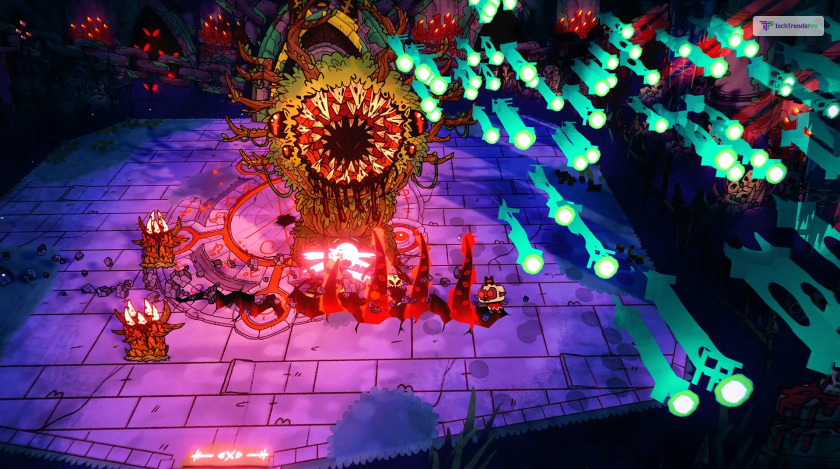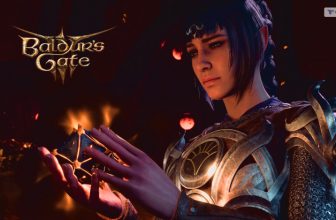
In a recent turn of events, the gaming world has been rocked by a decision concerning the Unity Engine, with one game, Cult of the Lamb, possibly becoming a symbol of resistance against the changes. The bombshell announcement, which has sent shockwaves through the video game community, revolves around Unity’s new policy, demanding an extra fee per download for games developed using their engine.
This policy has ignited a firestorm of frustration among game developers, prompting many to voice their discontent on social media platforms. The implications of this decision loom large over video game creators who rely on the Unity Engine, posing a significant hurdle for their projects.
However, one studio, Massive Monster, has taken a bold stance against these changes, even threatening to remove their game altogether— a stance that may become a trend among developers unless Unity reconsiders.
One of the most contentious aspects of Unity’s new policy is the way they plan to implement this additional revenue stream. Instead of basing fees on game purchases, Unity’s charges will be linked to the number of downloads a game receives.
This means that while developers and publishers can generate revenue from a single game copy purchase, they will still be subject to ongoing expenses. The seemingly modest charge of $0.20 per download can quickly escalate, depending on a game’s popularity.
Massive Monster, creators of Cult of the Lamb, wasted no time in expressing their displeasure with Unity’s decision. They boldly announced on their official Twitter account that they intend to remove their game from circulation on January 1, 2024. This was followed by a tweet urging Unity to “stop being stinky.” Even their publisher, Devolver Digital, voiced support for Massive Monster’s stance.
While not all developers have been as outspoken as Massive Monster, rumors abound that many share their concerns. This is particularly problematic for indie developers who frequently rely on Unity for their projects. For instance, titles like Tunic, which have gained recent acclaim, are built on this game engine.
The situation worsens for games available on subscription services like Xbox Game Pass. Fortunately, there are indications that this new policy may not affect games offered through subscription services.
This mounting pressure has pushed other game developers to join the protest alongside Cult of the Lamb. The creators of Frogsong, another indie project, have pledged to avoid using Unity for future ventures and are exploring alternative engines.
Innersloth Games, the team behind Among Us, has warned of potential delays in crucial updates if the policy takes effect and the possibility of porting to other platforms. However, not all developers possess the resources or flexibility to make such decisions.
The gaming community is eagerly awaiting Unity’s response to the growing backlash. While the company issued some clarifications on September 14, the anger among developers remains palpable. If Unity proceeds with their download-based charges, Cult of the Lamb may indeed choose to delist itself, setting a precedent for more video games, particularly indie projects, to follow suit to mitigate ongoing costs. The future of game development using Unity Engine hangs in the balance as this controversy continues to unfold.
Read Also:






